

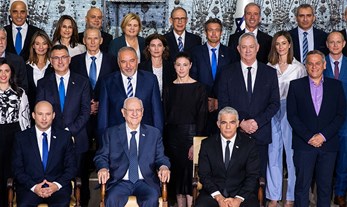
Governance vs. Governability: More Than Just Semantics
Written By: Adv. Edna Harel Fisher
Edna Harel-Fischer sits down with the Tel Aviv Review and unpacks the recent controversy around governance/governability in Israel: How did it become a partisan issue? And what is the role of the public service in safeguarding the will of the people?
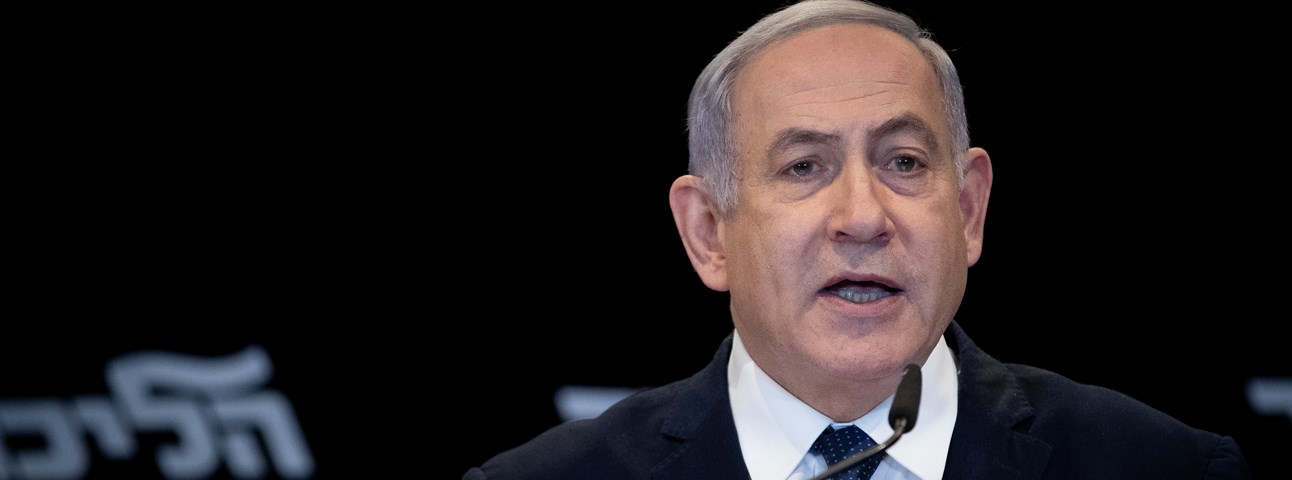
An International Look at Israeli Democracy Under Benjamin Netanyahu
Written By: Dr. Or Anabi, Prof. Tamar Hermann
The new government offers a timely opportunity to review and assess Benjamin Netanyahu’s premiership in terms of its impact on Israeli democracy.
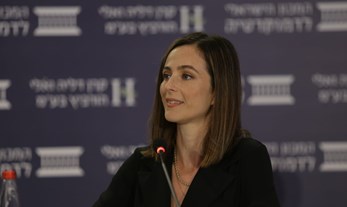
The Labor Market in the Post-COVID Era
Meirav Cohen, Minister of Social Equality: “Employers should be given incentives to choose older workers”
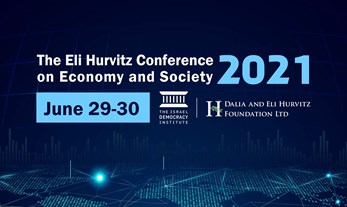
Israel's Macroeconomic Challenges in the Post-COVID World
“Two challenges hover above the rest – a stock market bubble and inflation”
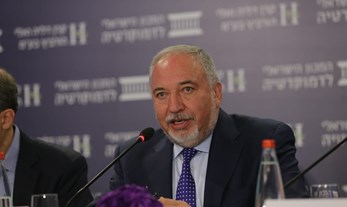
The Macroeconomic Priorities of the New Government
Avigdor Liberman, Minister of Finance, opened the first day of the 2021 Eli Hurvitz Conference on Economy and Society, saying: “We are after more than three years of political crisis without a budget, reforms or legislation. The economy ran on a kind of autopilot. We will now pursue a responsible policy, without deep cuts.
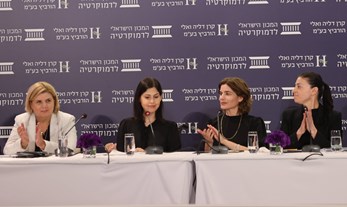
Formulating Climate Policy: The Private and Public Sectors Join Forces
Minister of Environmental Protection Tamar Zandberg, Minister of Energy Karin Elharar, Minister of Transportation Merav Michaeli and Minister of Economy Orna Barbibai in a joint declaration at IDI's Conference: "We will cooperate on Israel's climate policy, to lead to an 85% reduction in Israel's greenhouse gas emissions by 2050."
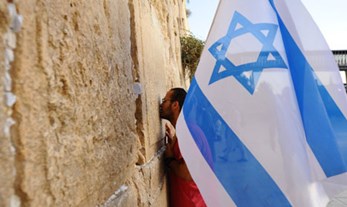
A ‘Change Government?’ Not for Religion and State
Written By: Dr. Ariel Finkelstein
There are many urgent things on the new government's desk - will they have the ability to tackle questions on religion and state?
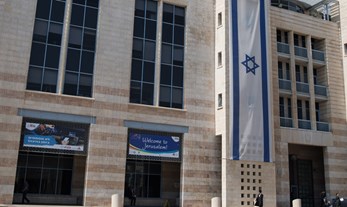
Enough Talk about Decentralization – It’s Time for Action
Written By: Dr. Ariel Finkelstein
There has been much talk and little action about the need to delegate powers to the local authorities. Now is the time for actual be movement on the ground.
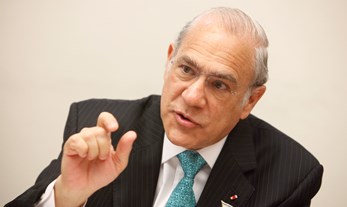
So Long Ángel, and Thanks for All the Reforms
Written By: Adv. Rita Golstein-Galperin
Outgoing OECD Secretary General Ángel Gurría is a close friend of Israel whose name has become synonymous with the organization itself. Gurría's long tenure saw Israel implement a number of important OECD reforms, will this continue after his departure?

The 36th Government of Israel
Written By: Yohanan Plesner
The new government has potential for the return of normalcy, and even for historic changes
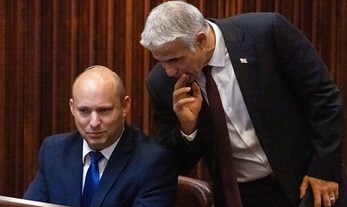
What's in the Coalition Agreements?
Written By: Dr. Amir Fuchs, Dr. Assaf Shapira
Should there be term limits for prime ministers? A mandated cooling-off period between their terms? How easy should it be for Knesset factions to split once elected? IDI experts examine some of the more contentious proposed new laws in the coalition agreements and assess their possible implications.
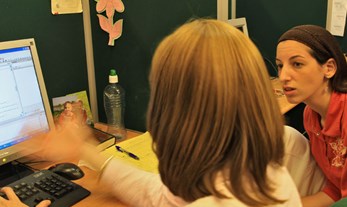
Employment of Ultra-Orthodox Women—the Next Revolution?
Written By: Dr. Gilad Malach
An increasing number of young Ultra-Orthodox women are choosing not to go down the traditional path of studies preparing them for a teaching career. Instead, they are enrolling in academic institutions to study subjects that will help them embark on a professional career and hopefully be reflected in their income.
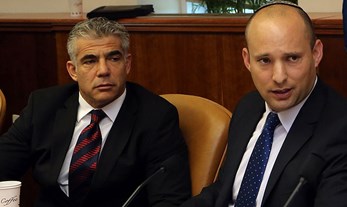
Israel's 36th Government – By the Numbers
Written By: Prof. Ofer Kenig
With the Knesset set to vote on a new government on Sunday, Prof. Ofer Kenig, a research fellow at the Israel Democracy Institute, presents an following analysis of the proposed government.
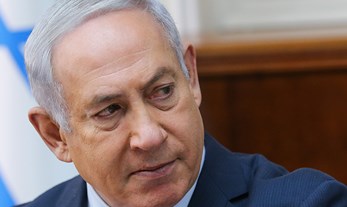
A Cooling-Off Period for a Prime Minister and Breakaway Knesset Factions: Qs and As
Written By: Dr. Amir Fuchs, Dr. Assaf Shapira
There are no provisions for limiting the tenure of prime ministers in parliamentary democracies such as Israel, and any new rules must be objective and not made to satisfy political needs
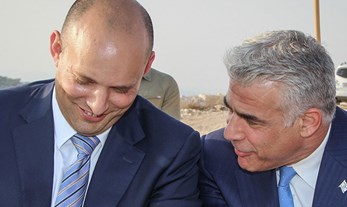
Israelis Hope for More Unity and Closing Socioeconomic Gaps
Written By: Prof. Tamar Hermann, Dr. Or Anabi
If a new government is formed Israelis think that strengthening unity and closing socioeconomic gaps are the highest priority
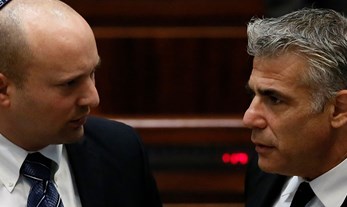
The “Coalition for Change”: Prospects and Challenges
Written By: Prof. Gideon Rahat, Dr. Assaf Shapira
If the “coalition for change” led by Naftali Bennett and Yair Lapid does indeed come into being, it will be a rara avis on the national scene, with the potential to extract us from the political imbroglio we have been mired in for the past two years and more.
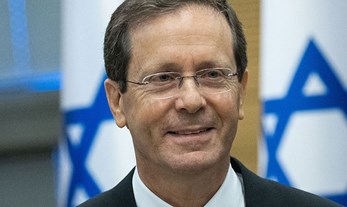
The Two Strategic Challenges Facing Israel's New President
Written By: Yohanan Plesner
Israel needs a president who will position social solidarity and common purpose as supreme values as an alternative to the toxic competition between the competing political blocs that have held the Israeli people hostage.
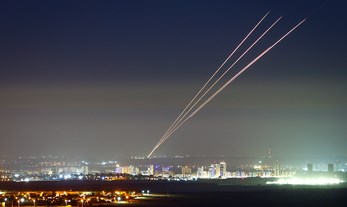
Hamas, Israel, and the Comeback of Moral Luck
Written By: Prof. Daniel Statman
Should guilt be determined by intent or outcome?
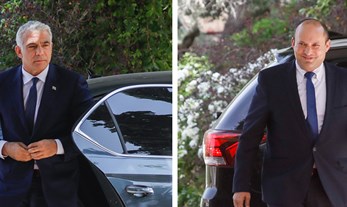
Prime Minister from a Small Party? Impossible? Well… There are Examples
Written By: Prof. Ofer Kenig
A government headed by a prime minister who leads small faction in the Knesset - how exceptional is such a scenario and to what extent is it prevalent in parliamentary systems? Prof. Ofer Kenig analyzes examples of parliamentary democracies where the prime minister hails from a small party.
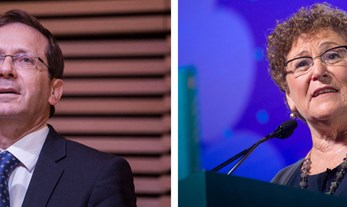
The Israeli Presidential Race Begins
Written By: Prof. Ofer Kenig
The race for the election of the 11th President of Israel has officially begun. After the large number of candidates in the race that took place 7 years ago, this time only two will compete: Yitzhak Herzog and Miriam Peretz. Most of the candidates who have run for the presidency throughout Israel's history have had a political-partisan background; Most of them were men, aged sixty plus.
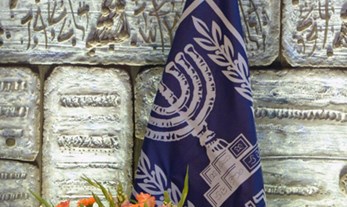
The Presidential Elections: The Rules of the Game 2021
Who elects the president? What are the candidacy requirements? What majority is needed to win the election, and how is it obtained? With the approach of the 2021 presidential elections, Prof. Ofer Kenig explains some of the basics.

Are the Presidential Elections: A Political Race for a Ceremonial Position?
Written By: Prof. Ofer Kenig
As Israel approaches the election of its 11th president, Prof. Ofer Kenig surveys the results of past presidential elections and argues that although the role of the Israeli president is largely ceremonial, the race for the position is partisan and political.
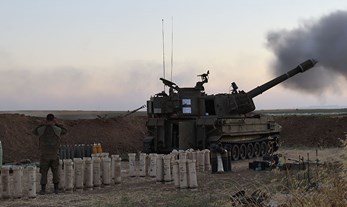
Israelis Assess Operation "Guardian of the Walls"
Written By: Prof. Tamar Hermann, Dr. Or Anabi
78% of Israelis approve of the military's execution in Gaza, but only 31% of Israelis think a good job was done communicating the operation's goals to international audiences
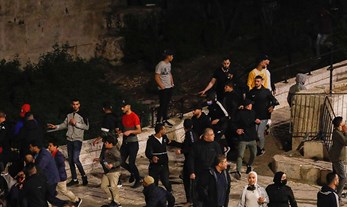
An Iron-Clad Distinction: We Must Differentiate Between Hamas and the Riots Within Israel
Written By: Yohanan Plesner
Israel’s responses in each of these two arenas, internally in Israeli cities and externally vis-à-vis Gaza, may have dramatic consequences for the future. The ultimate goal of Hamas is to drag the “Arabs of 1948” (Israel’s Arab citizens) into the conflict. Even today, it is important to note the growing desire of the majority of Arab citizens to integrate in Israeli society, and to drive a wedge between them and the leaders in Gaza
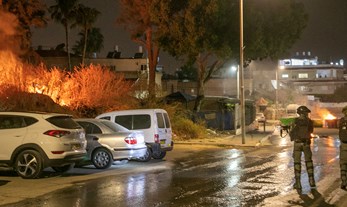
Why Are Israel's Mixed Cities on Fire?
Written By: Dr. Nasreen Haddad Haj-Yahya
The horrific violence that has erupted over the past few days between Israel's Jewish and Arab citizens came as a surprise to many - not so much to the Arab residents of the 'mixed cities'.
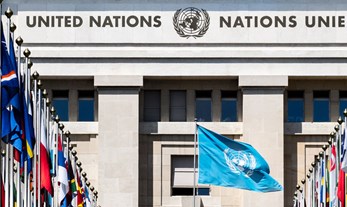
Behind the Security Council Discussions
Written By: Prof. Yuval Shany, Colonel (Res.) Dr. Liron A. Libman
IDI experts answer questions on the balance of powers at the Security Council, whether any dramatic resolutions can be expected, and the extent to which the debate and international pressure effect the IDF.
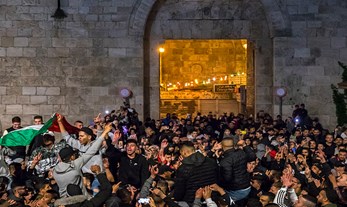
Israel's Jerusalem Syndrome
Written By: Dr. Nasreen Haddad Haj-Yahya
The recent clashes in a capital where even the smallest spark can set its streets ablaze are a direct result of the city's long-term neglect of its disadvantaged Palestinian residents, among whom poverty rates are double that of Jewish Jerusalemites.
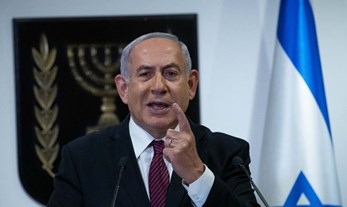
How Netanyahu Learned to Love Israeli Arab Parties
Written By: Yohanan Plesner
The prime minister who once presented Arab political leaders as a threat has legitimized them as potential coalition partners.

Israel’s Version of Moving Fast and Breaking Things: The New Cybersecurity Bill
Written By: Prof. Yuval Shany, Deborah Housen-Couriel, Tal Mimran
Can one regulator rule Israel’s cyber ecosystem?
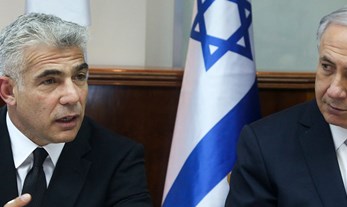
70% Believe Israel is on its way to Fifth Election
Written By: Prof. Tamar Hermann, Dr. Or Anabi
With coalition negotiations faltering, the April Israeli Voice Index finds that 70% of Israelis think the country is on the way to a fifth election.

